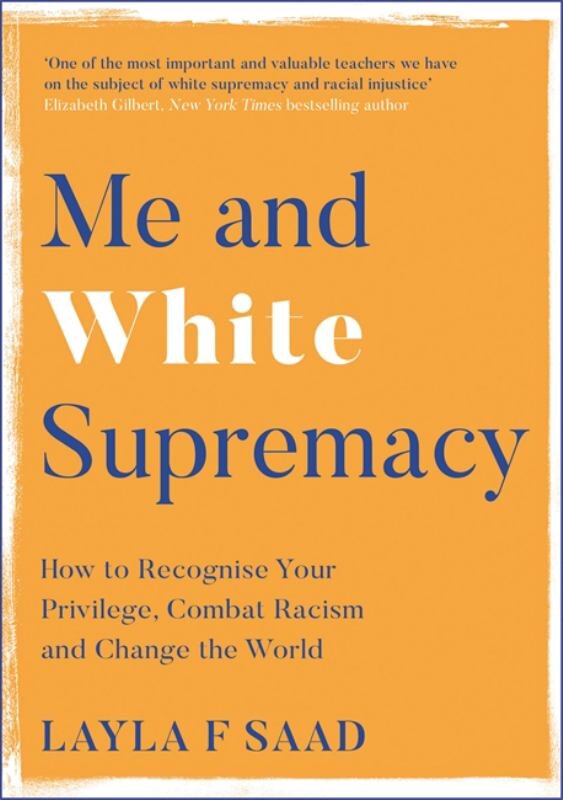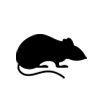This review was commissioned by and originally published in Stuff on 22 March 2020
Layla F Saad has written this workbook for white people to help us understand the nature and reality of racism, and what we can do to combat it. Even before you open the pukapuka it’s a challenge: surely ‘white supremacy’ and ‘me’ don’t belong in the same sentence?
But yes, she does mean me. And if you’re white, or Pākehā, or Caucasian, or New Zealand European, or white-passing, she means you too. In fact, if you get uncomfortable even saying “I am white”, you need this workbook. Saad breaks down the different ways racism operates and sets journaling prompts designed to be addressed one day at a time over a period of 28 days.
Not gonna lie, it’s bloody hard. Saad strips away the comfortable fiction that racism happens “out there” and is done by other people; that it is possible to grow up as a white person untouched by white supremacist ideas. I know! It sounds awful. She’s calling us all racist! She doesn’t even know us! How can that be right?
Saad writes: “this idea that white supremacy only applies to the so-called ‘bad ones’ is both incorrect and dangerous, because it reinforces the idea that white supremacy is an ideology that is only upheld by a fringe group of people ... [In fact,] in white-centred societies and communities [such as Aotearoa], it is the dominant paradigm that forms the foundation from which norms, rules, and laws are created.”
As I read Me and White Supremacy I could feel the pillars of my racial comfort crumbling and I did not like it one bit. It filled me with an unpleasant nervous energy. I blushed. I sweated. I could feel the white supremacy within me shapeshifting to try to protect itself. And each new form it tried, Saad calmly demolished.
A form of white supremacy to which I discovered I am particularly susceptible is white exceptionalism. This is when I recognise the fact that Aotearoa is a racist society while believing myself to be uniquely immune from it. This is dangerous because, as Saad writes, “If you believe you are exceptional, you will ... continue to do harm, even if that is not your intention ... you are not exempt from the conditioning of white supremacy, from the benefits of white privilege, and from the responsibility to keep doing this [anti-racism] work for the rest of your life.”
This has led me to engage in two other forms of white supremacy Saad identifies: white silence and white apathy. I have been silent in the face of racism, and apathetic in failing to challenge it. I am now trying to figure out how to change this about myself.
None of us asked to be brought up in a white supremacist society, but since that’s where we are, it is the responsibility of us all to challenge it. If the anniversary of the mosque terror attacks have got you wondering what you can do: start with this workbook. This is mahi worth doing – especially if you think you don’t have to.

